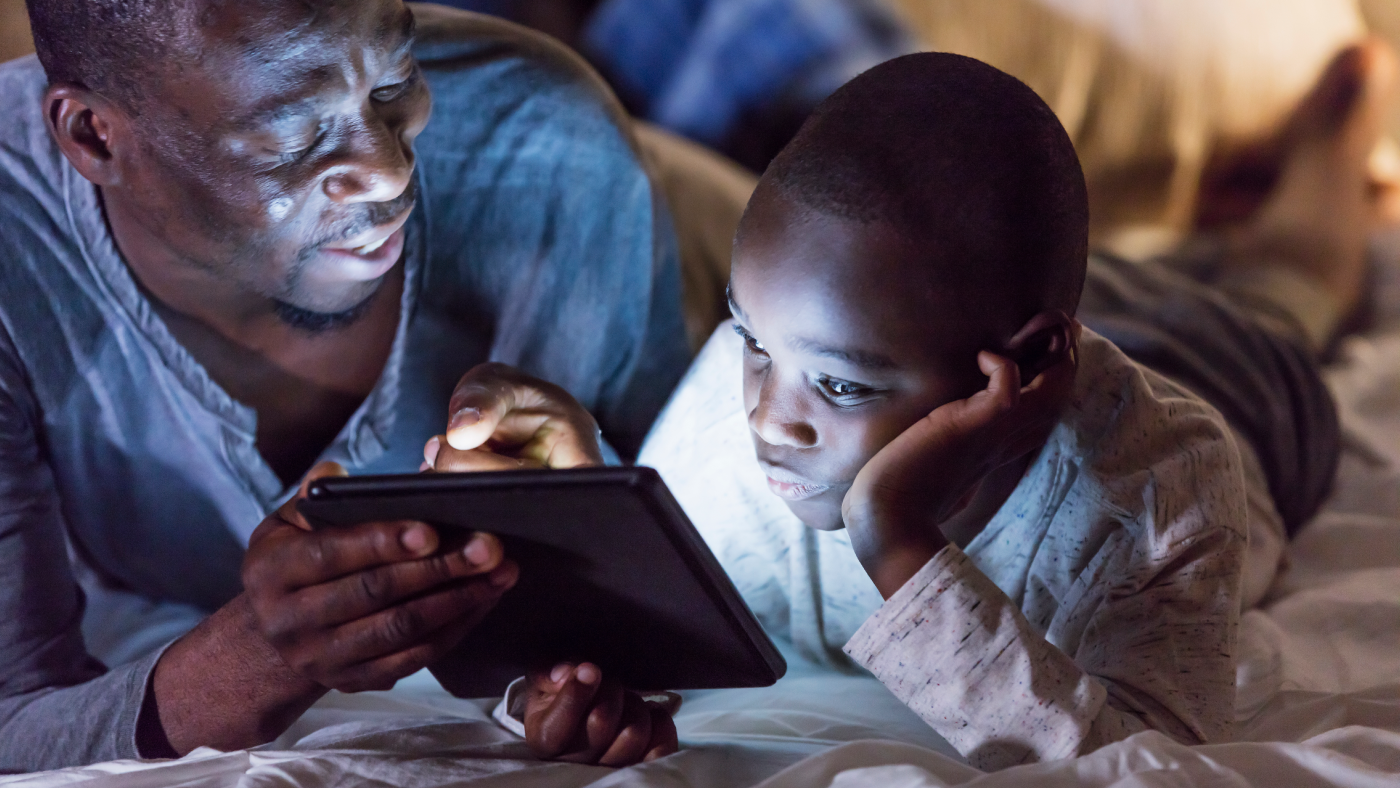Factual Error Found on Internet: Shocking revelations from a researcher’s online journey
This presentation is an overview of three years of survey findings and other research about the adoption and impact of the Internet.
This presentation is an overview of three years of survey findings and other research about the adoption and impact of the Internet.
Amanda's presentation covered how teenagers, college students and their parents use the Internet.
Internet penetration is not spread evenly over all regions, and users in different regions do different things online.
The number of American adults downloading music continues to grow and two-thirds of those who download or share files say they don't care whether the files are copyrighted or not.
WASHINGTON (July 16, 2003) – In the first comprehensive national survey on the scope of health topics that Americans are searching online, the Pew Internet & American Life Project finds that one in five Internet users has looked for mental health information, one in four has looked for health insurance information, and one in three […]
Half of American adults have searched online for 16 health topics ranging from disease information to smoking cessation strategies. Health seekers go online to become informed, to prepare for appointments and surgery, to share information, and to see...
This is a report of a study of college students’ use of electronic, video and online games. Seventy percent of college students surveyed reported playing games at least once in a while. The academic and social impacts of gaming are discussed.
There was 50% growth in home broadband adoption in the past year, but the torrid growth pace will likely slow.
John's presentation provides data on broadband penetration to homes and highlights findings from the report “The Broadband Difference.”
This study reveals a fluidity in internet use, detailing the on again, off again, or proximal relationships that some have with the Internet and also looks at those who remain offline and the reasons given for non-use.

Roughly four-in-ten Americans have experienced online harassment. Growing shares face more severe online abuse such as sexual harassment or stalking.
Two-thirds of parents in the U.S. say parenting is harder today than it was 20 years ago, with many citing technologies, like social media or smartphones, as a reason.
From distractions to jealousy, how Americans navigate cellphones and social media in their romantic relationships.
Majorities of U.S. adults believe their personal data is less secure now, that data collection poses more risks than benefits, and that it is not possible to go through daily life without being tracked.


